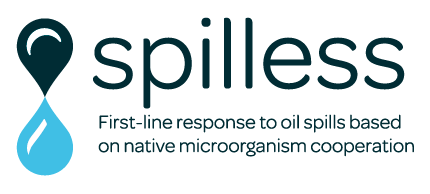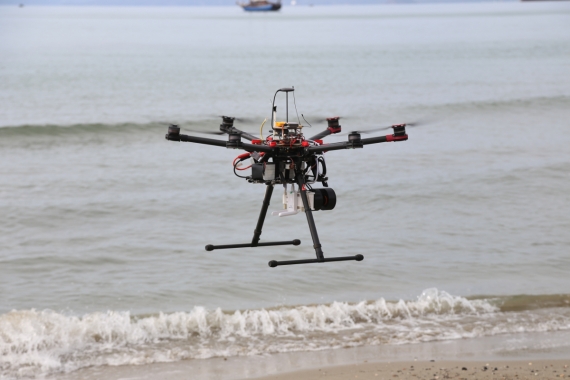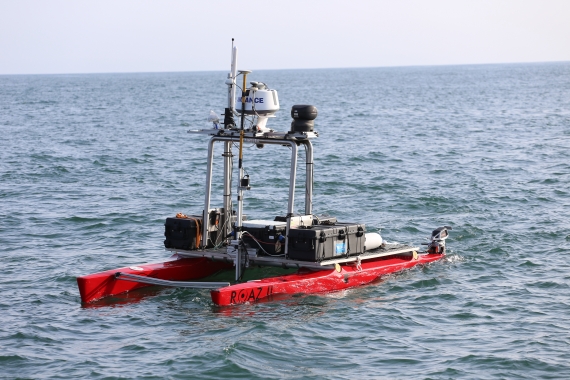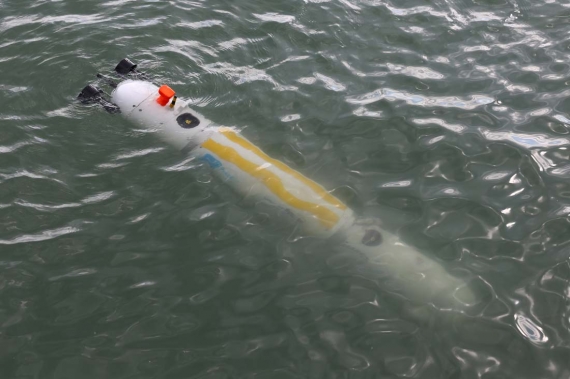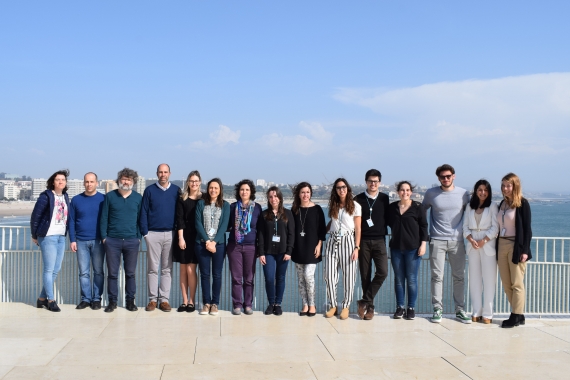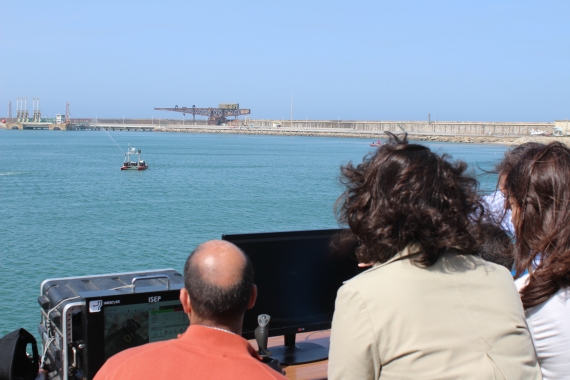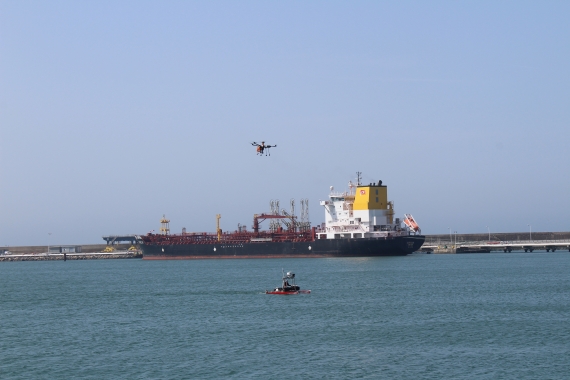Activities
SpilLess
First-line response to oil spills based on
native microorganism cooperation
SpilLess aims to implement an innovative ‘laboratory’ (Blue Lab) to pilot new and viable solutions to tackle with one of the most damaging sources of maritime pollution: oil spills. These solutions will be based on the production of native microbial consortia with bioremediation capacity, and the adaptation of unmanned autonomous vehicles for in-situ contamination combat. This novel approach can be used as first line responders to pollution incidents in a fast, efficient and low cost way.
The project will start by identifying the operational needs to respond to oil spill incidents in offshore platforms, ports and other industrial complexes. After that, a library of microbial strains with oil bioremediation capacity, native of the target region, will be created for further development of the microbial consortia. In addition, consortia production for large scale application will be optimized. Unmanned autonomous vehicles will be adapted for application of the bacteria (bioaugmentation) and nutrients (biostimulation), thus providing air, surface and underwater oil spill combat. Finally, this innovative solution will be validated through field tests and the proof-of-concept will be demonstrated at a “quasi-real” scenario.
This solution will be environmental-friendly, will be able to act as fast first line response with low time to reaction and mission costs, will set-up holistic pollution combat and will provide environmental monitoring.
